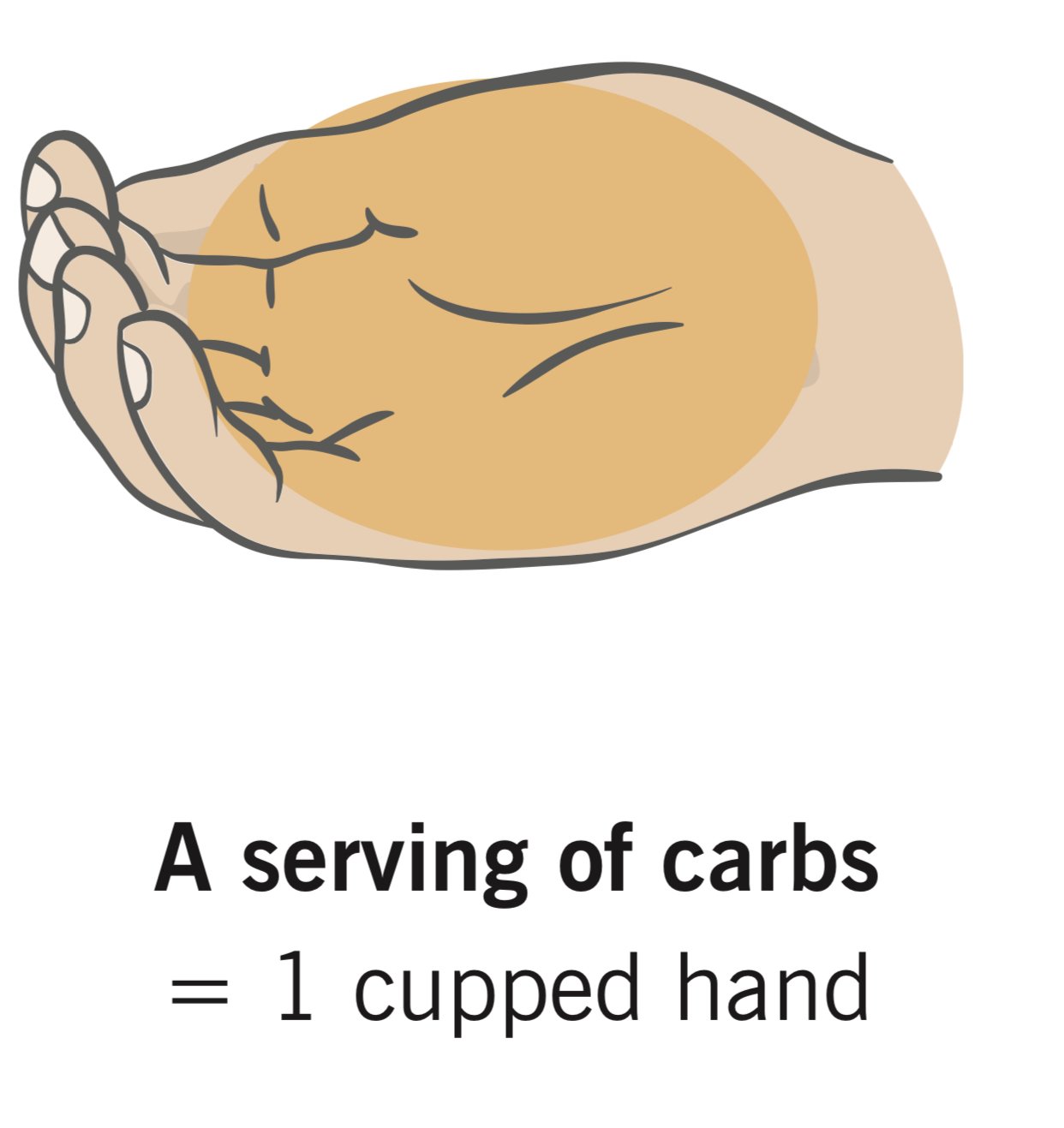Grains
Grains are seeds.
These seeds must be flaked, cracked, popped, puffed, or ground before consuming.
Whole grains have many nutrients such as fiber. They also improve gut health and protect against inflammation.
Over the years grains have been refined and fortified removing several beneficial nutrients to make them more shelf stable.
Food companies can list products as whole grain if they add these refined ingredients.
Grains were previously only consumed when low on storage of other foods (winter months).
Now grains are consumed with most meals.
Whole grain types
Oats
Whole wheat
Quinoa-need to rinse to remove saponins-these chemicals the plant present to deter animals
Amaranth
Corn
Brown rice
Wild rice-not true rice-more of an aquatic grass, increase protein and fiber needs to be soaked before cooking
Barley- has 3 times the protein of rice
Buckwheat
Spelt
Different preparations of grains:
Sprouting-partial germination
Cracked-grains or cracked into smaller pieces
Steel cut-cut into 3 pieces
Rolled-steam rolled and flattened - Rolled oats
puffed-puffed up with high pressure steam- (cereals)
Ground-(Flour)
Perles or polished-Strips away outer layer (white flour)
Food Portions
Grains would be consider a carb
Portion sizes= your cupped hand
Prep methods
Cleaning
These foods products of agriculture, recommended to wash rinse away the dust and grit. This cleansing process can also help with stomach upset.
Soaking -allows for fermentation and shortened cooking time
Toasting-brings new flavor and shorten cooking times
Cooking-includes baking steaming and pressure cooking
Sprouting-Quinoa can sprout within 1-2 days
*Helpful Tips*
Gluten Free?
Try naturally gluten free grains such as quinoa, sorghum, and buckwheat
Trouble avoiding Refined Grains?
Making a better choice-if you are going to consume refined grains eat with protein or fiber.


